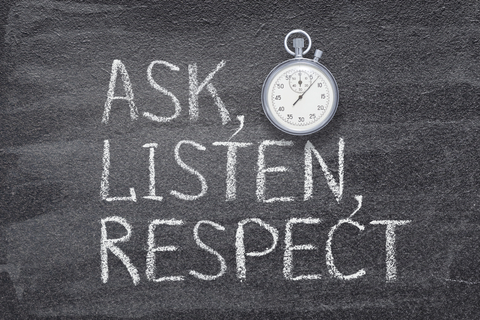PopEd’s winter theme is constructing arguments, inspired by the Next Generation Science Standards (NGSS) Science and Engineering Practice (SEP) “Engaging in Argument from Evidence.” NGSS identifies several important factors of this practice, including comparing and critiquing arguments, engaging in discourse, and constructing or refining an argument using evidence. While this skill set helps students succeed in school, it will also serve them beyond the classroom as they work to understand the world around them and advocate for their futures.
Why is Media Literacy Important in the Internet Age?

An important component of an effective argument is supporting a position with appropriate, factual evidence. The ability to decipher credible information is a skill that is paramount for today’s young people. Thanks to the internet, we live in a world where information is immediately available and more accessible than ever before. But with so much information out there, it’s harder than ever to ensure that the information we consume is accurate.
According to a 2019 survey from Common Sense Media, 13- to 17-year-old teens are more likely to get news from social media sites (54%) than directly from print or online news organizations (41%). This shift isn’t only about how teens are staying informed, it is also about who is deemed a credible source. The same survey reported that for teens who get their news from YouTube, 60% reported being more likely to get it from celebrities, influencers, and personalities versus reputable news sources (39%).
As anyone who has ever used social media can attest, disinformation can run rampant. Nearly two-thirds of respondents in a 2022 MediaWise poll reported they believe they see false or misleading information online on a weekly basis. In today’s digital age, anyone can publish information on the internet without fact-checking it, leading to a proliferation of both accurate and misleading content. In a world where false information is sometimes hard to distinguish from factual information and online arguments spring up everywhere, emphasizing the importance of verifying information and consulting credible sources are critical skills. Students who are media literate will be better able to make truly informed choices in the years to come.
Argument Ethics: Promoting Rational, Respectful Discussion
Another side-effect of the 24-hour news cycle and constant stream of online opinions is that students may have limited exposure to discussions that are respectful and civil. Controversy drives web traffic so discourse online is often rife with personal attacks, petty insults, and unsubstantiated opinions.

Why is Using Empathy in a Reasoned Argument Important?
Learning for Justice, the education arm of the Southern Poverty Law Center, notes that teaching young people how to engage in civil discourse isn’t about teaching politeness, but rather instilling in them the understanding that civil discourse “supports, rather than undermines, the societal good.” Empathy is a crucial skill in both understanding opposing views and also respecting the personhood of those with opposing views. In civil discourse, claims are listened to respectfully and students are open to the possibility that their own views may change if their understanding of the evidence changes. By teaching students how to argue effectively, they can reframe their entire understanding of “argument” from an inherently combative act to a wide-ranging skill set that fosters collaboration.
Why Arguments are Good for Our Future Generation
Developing strong argumentation skills early means students will be more empowered to make their voices heard on issues that deeply affect their futures. Young people and future generations face a number of issues that have a greater impact on their lives than the lives of older generations, including climate change. The Fifth National Climate Assessment, released this year, warns that “without rapid and deep reductions in global greenhouse gas emissions from human activities, the risks of accelerating sea level rise, intensifying extreme weather, and other harmful climate impacts will continue to grow.” Young people are aware of this risk to their future and it impacts their physical and mental well-being.
Unfortunately, climate change discourse online is growing more polarized, increasing the likelihood that students will be exposed to misinformation themselves or interact with people who hold strong beliefs based on misinformation. Knowing how to make an effective, respectful argument based on factual information can help students get their voices heard as they advocate for their future.

Argumentation Goes Beyond the Classroom
There are many lessons students learn in academic settings that will continue to serve them as they move into adulthood. NGSS’s “Engaging in Argument from Evidence” SEP is one of these skills – its positive impacts go far beyond the classroom. Teaching students how to evaluate evidence strengthens their media literacy skills in an age where they have access to constant streams of information that aren’t always factual. In discerning what information is factual evidence, young people can make informed decisions and advocate for their futures more effectively.
Image credits: Social media apps (Social media communication network by AzamKamolov | Pixabay); Ask, Listen, Respect Chalkboard (ID 160035450 ©Yuryz | Dreamstime.com); Students at climate protest (Fridays for Future 25.01.2018 Berlin © Jörg Farys / Fridays for Future by FridaysForFuture Deutschland is licensed under CC BY 2.0)


